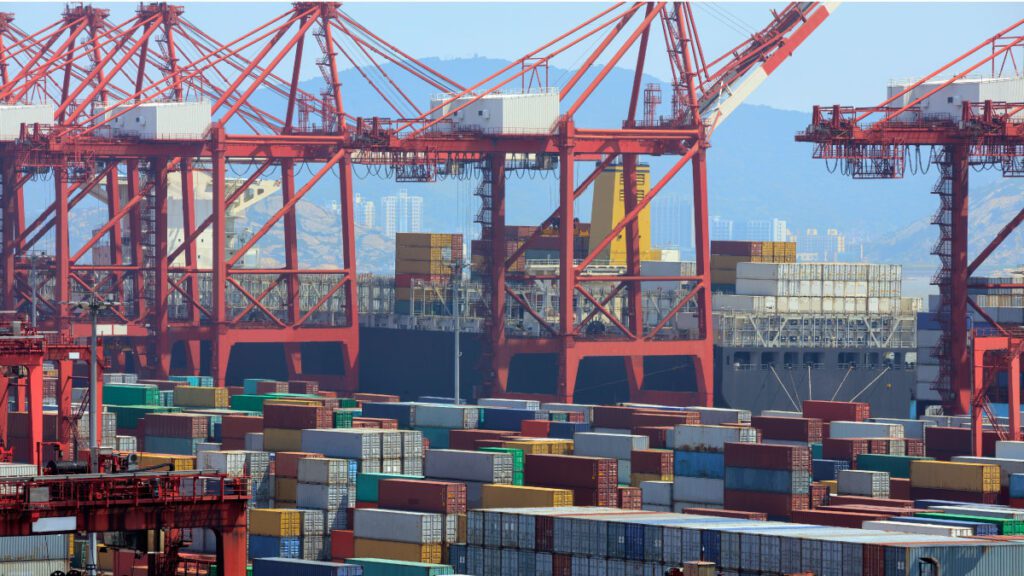In a significant development, the Ministry of Commerce in Pakistan has imposed a ban on the export of 212 items to Afghanistan under the Transit Trade Agreement. This move is part of Pakistan’s efforts to curb financial losses and enhance control over the Afghan transit trade.
The ban, detailed in SRO Number, encompasses a wide range of goods, including 17 types of clothing, all categories of vehicle tires, tea leaves, cosmetics, and numerous toiletries. Additionally, items such as nuts, both dried and fresh fruits, as well as home appliances like refrigerators, air conditioners, juicers, and mixer blenders, are among those prohibited from being transported to Afghanistan.
This decision follows Pakistan’s recent imposition of a 10 percent processing fee on several items imported under the Afghan transit trade agreement. A customs department notification stated, “In exercise of the powers conferred by section 18D of the Customs Act, 1969 (IV of 1969), the Federal Government is pleased to impose a processing fee at the rate of 10 percent ad valorem on the following Afghan transit Commercial goods imported into Afghanistan in transit via Pakistan.” The affected items include confectioneries, chocolates, footwear, various machinery, blankets, home textiles, and garments.
To address the financial losses incurred from the Afghan transit trade, which were estimated at an annual figure of Rs180 billion, Pakistan’s Federal Board of Revenue (FBR) has devised a new strategy to combat smuggling activities associated with transit commodities. Under this strategy, Pakistan will demand a 100% guarantee for all luxury items involved in the Afghan transit trade.
The decision to ban exports of several luxury commodities, including tires, fabrics, cosmetics, and tiles, until they receive clearance from the relevant authorities, aligns with the recommendations of the Special Investment Facilitations Council’s (SIFC) apex committee.
This move is part of Pakistan’s broader efforts to streamline its transit trade operations, ensure compliance with regulations, and mitigate financial losses associated with the transit of goods to Afghanistan.
